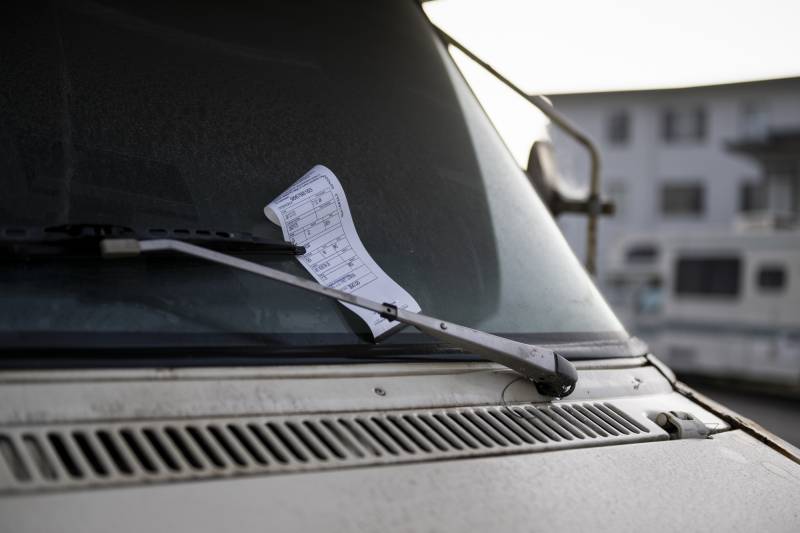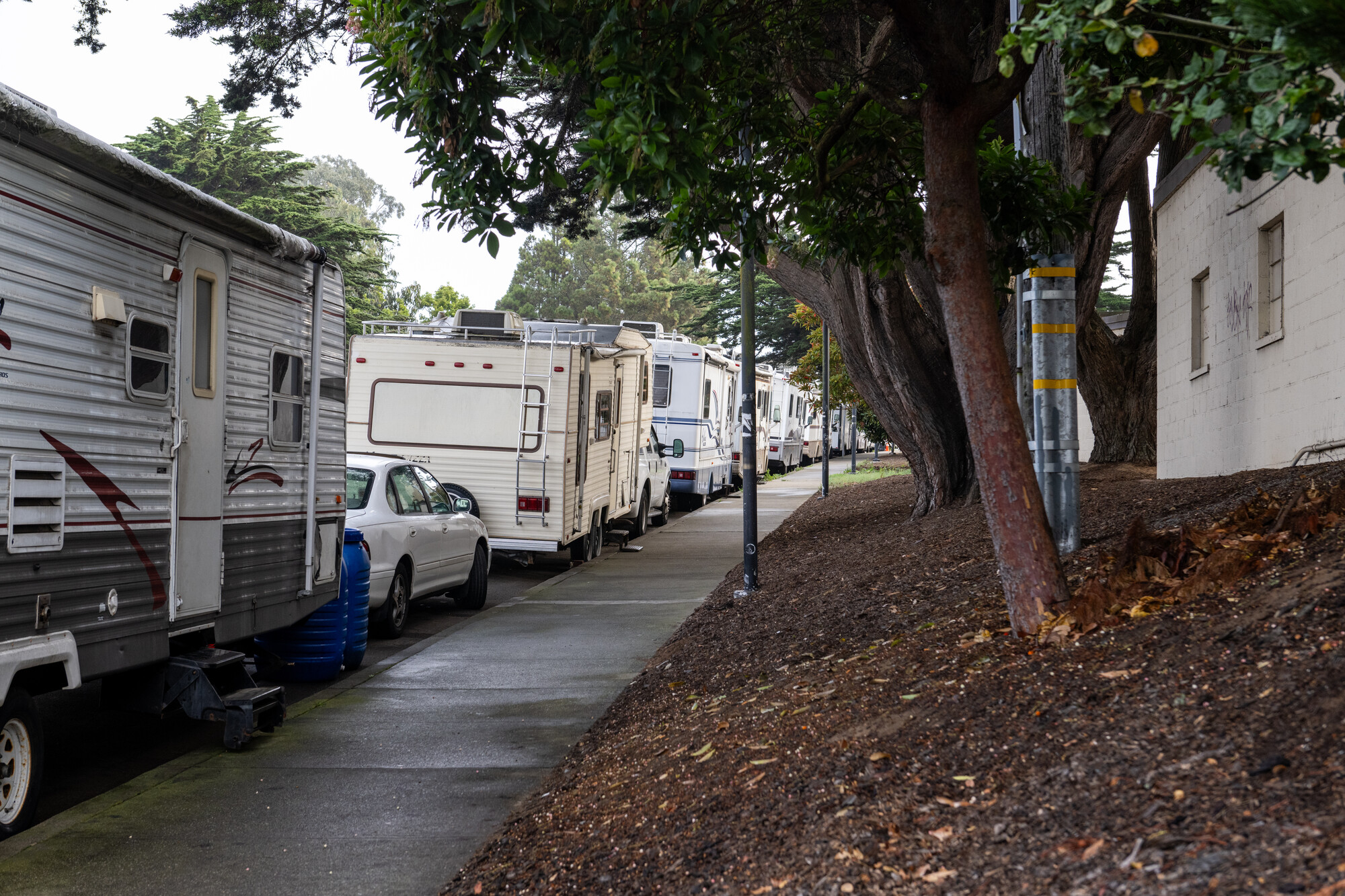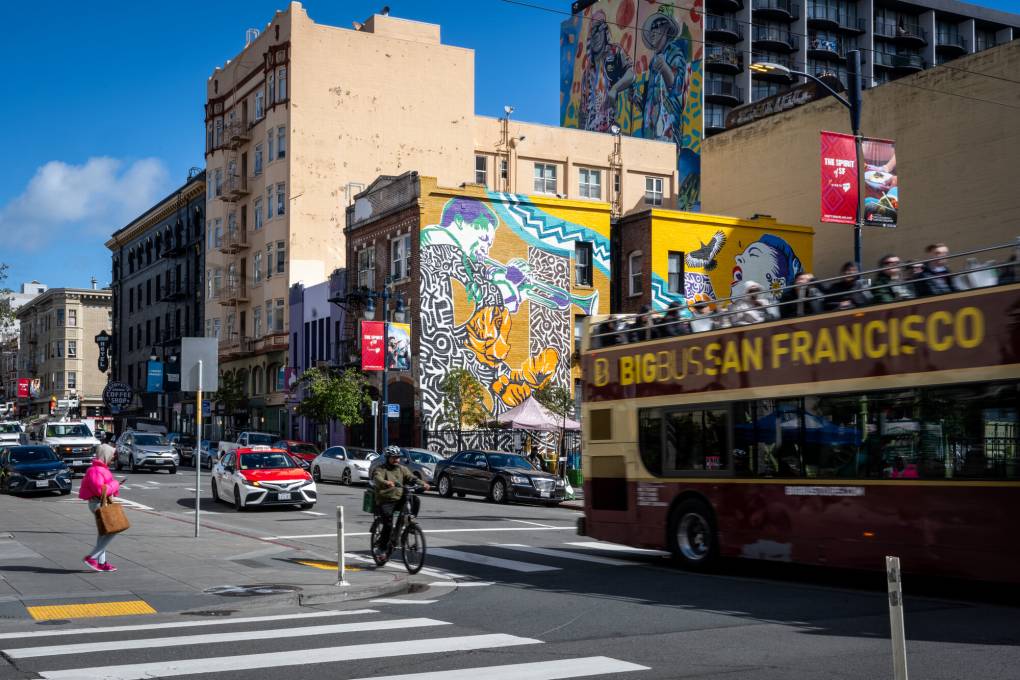“City workers are out on the streets every day offering shelter and housing to people living in recreational vehicles,” Jeff Tumlin, SFMTA’s director of transportation, said in a statement. “This legislation will allow for parking enforcement if and when all those offers have been refused.
According to the Department of Homelessness and Supportive Housing, city officials have already moved 50 households from vehicles on Winston Drive near Stonestown Mall and Zoo Road near Lake Merced into long-term housing since June after threatening to tow their vehicles.
Affordable housing activists and critics argue the proposed law does nothing to fix the lack of affordable housing in the city or access to safe parking sites.
“If the conversation was, ‘Give up your RV for permanent shelter,’ it would be a completely different conversation,” Lukas Illa, an organizer with the Coalition on Homelessness, said. “Shelter is so temporary. So many folks I have talked to desperately want permanent solutions. But that is not what’s being offered by the city.”
What other housing questions do you have for KQED?
Housing is one of the most crucial — and contentious — issues in the Bay Area, and here at KQED, we have a whole team dedicated to exploring stories about housing affordability.
As part of our work, we also want to bring you explainers and guides about housing in the region, offering practical advice and insight for renters, homeowners and unhoused folks on a wide range of housing situations. We also want you to send us your story ideas and tips, share your personal experience with housing in the Bay Area or volunteer to be one of the KQED readers and listeners we consult about housing stories.
So tell us: What housing question should we answer next?
You can use the comment box below to submit your question about housing in the Bay Area or California more widely. Or, maybe there’s a housing program you want explained or investigated. Whatever’s on your mind, use the Google Form below to talk to us. The information you provide here will be shared with the folks who work on KQED’s housing coverage, and we may follow up with you directly through the contact details you provide. (We’ll never share your information outside of KQED without your permission.) We won’t be able to reply to everyone who submits a question, but what you tell us will make our reporting stronger on KQED.org, KQED Public Radio and our social media channels.



